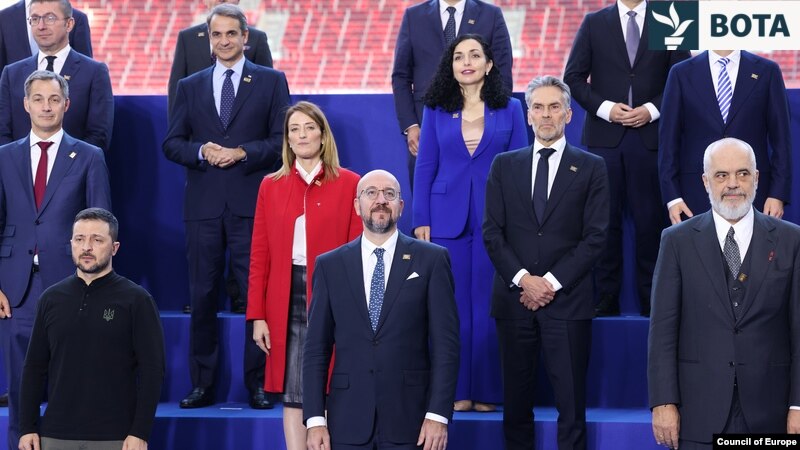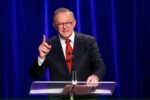In a momentous gathering set against the historic backdrop of Skanderbeg Square, Albania hosts the European Political Community (EPC) Summit, bringing together over 40 heads of state and government leaders from across the continent. This high-level diplomatic forum, launched in 2022 by French President Emmanuel Macron, aims to foster unity, innovation, and security among both EU and non-EU countries.
Albania’s Strategic Spotlight on the European Stage
For Albania’s Prime Minister Edi Rama, the summit represents more than symbolic prestige. Coming just days after a decisive election win for his Socialist Party, the event solidifies his role as one of Europe’s longest-serving and most experienced leaders. European Union officials have praised his leadership, especially as Albania opens key EU accession chapters, with more expected to be unlocked this month.
“Albania is no longer a passive observer. It is now an active diplomatic host and regional player,” noted a senior EU diplomat.
What Is the European Political Community?
The EPC is a unique platform — not part of the EU, but deeply connected to its values. It serves as a flexible, informal forum for European leaders to:
- Exchange ideas without bureaucratic constraints
- Hold plenary discussions and thematic roundtables on key issues like security, competitiveness, and migration
- Engage in spontaneous bilateral and multilateral meetings free from rigid protocols
Unlike NATO or EU Council summits, the EPC offers space for “creativity, speed, and frankness”, providing a rare diplomatic environment in today’s structured world of geopolitics.
Key Attendees: Unity Meets Complexity
The Tirana summit hosts 47 countries, excluding only Russia, Belarus, and the Vatican. Distinguished attendees include:
- European Council President Charles Michel
- European Commission President Ursula von der Leyen
- NATO Secretary General Mark Rutte
- German Chancellor Friedrich Merz, attending his first multilateral summit
- Potential appearances by Ukrainian President Volodymyr Zelensky and Turkish President Recep Tayyip Erdoğan
However, controversial participants raise diplomatic stakes:
- Georgian PM Irakli Kobakhidze has been invited despite EU disengagement due to election concerns.
- Serbian President Aleksandar Vučić and Slovak PM Robert Fico, fresh from their appearance at Russia’s Victory Day parade alongside Vladimir Putin, will attend despite Brussels’ explicit warnings.
Serbia’s EU accession remains frozen, having opened no new negotiation chapters in the last four years.
NATO and Regional Tensions: A Crucial Week
Simultaneously, NATO’s leadership will convene in Brussels and Antalya to align strategies on:
- Defending Ukraine
- Strengthening Euro-Atlantic cooperation
- Navigating challenges posed by Turkey’s internal repression, especially after the sentencing of Istanbul’s opposition mayor, Ekrem İmamoğlu
A Historic Role for Albania and the Western Balkans
Hosting this summit positions Albania as a trusted diplomatic mediator in a complex European landscape. It also elevates the Western Balkans, a region often on the sidelines, to the center of strategic European dialogue.
As the EU faces increasing geopolitical pressure, from war in Ukraine to rising nationalism, the EPC offers a dynamic alternative — a space for unity in diversity, action without delay, and dialogue across ideological divides.







